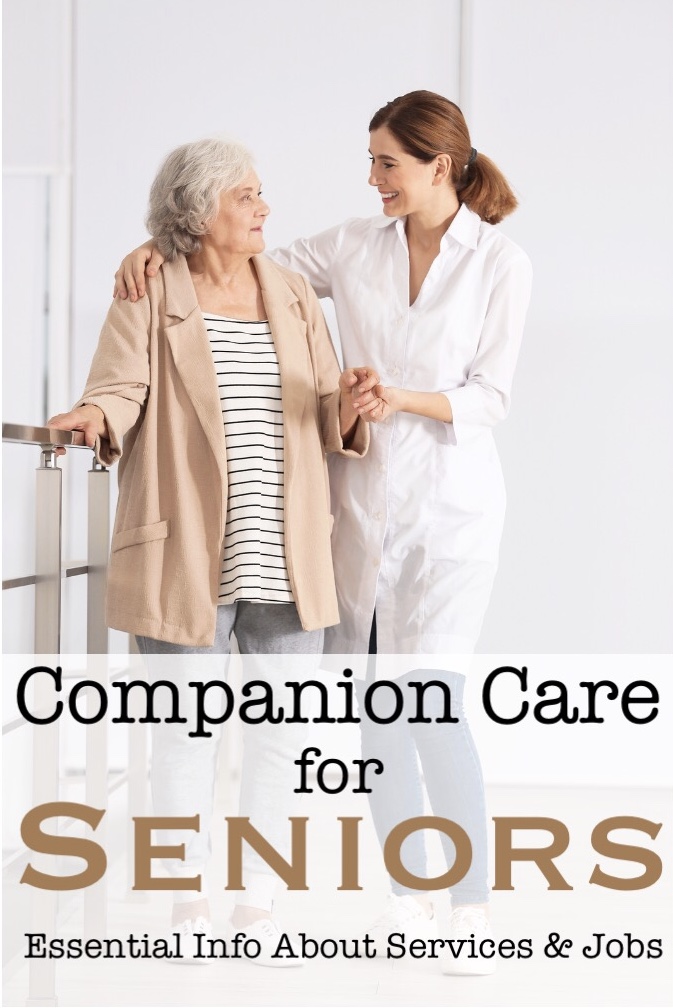Long island home care is a combination of in home care and home services that can help the senior independent living with their disabilities. Senior home companion services offer live-in personal care assistance. Senior home companions can assist with everyday errands, shopping, laundry, housework, cooking, errands, gardening, and more. They can provide personal care, emotional support, and companionship. Senior home companions can also help with small repairs, meal preparation, shopping, and errands. In home services include:

Adult in home care aides are not professional caregivers. However, living assistance aides can help the senior adults live an independent life. These aides may be trained individuals who are not licensed to practice as caregivers, but have a real desire to help the senior adults.
Seniors who need companionship services are mostly those who have difficulty maintaining independence and are living in a assisted living community or nursing home. Companion care can be provided in several different forms. Some seniors in retirement homes prefer companionship and socialization activities. Other seniors may require aides to assist them with bathing, dressing, getting into and out of bed, or taking them for walks. Still others may need companionship services for medical needs, such as monitoring blood pressure or pulse. Live-in aides provide these services.
Companion care is provided in a variety of different environments. Seniors can be placed in homes, assisted living facilities, hotels, and nursing homes. The client’s family or friends typically plays the role of the “companion.” Seniors can be placed in any environment they desire, including gyms, pools, parks, libraries, or any place that will provide them the companionship they require. Senior home services provide the necessary service for clients. If you are interested in becoming a senior home care provider, then you need to keep the following facts in mind.
There are three basic types of services offered by home senior home companions. They are defined as non-medical, medical, or mixed services. Non-medical services include housekeeping, laundry, meal preparation and shopping, light housekeeping, bathing, dressing, and similar services. Medical services involve administered medication, prescribed medicines, doctor consultations and/or treatments, physical assessment, diagnostic tests, and other medically related services and procedures.
When writing letters or memos to elderly parents, most people use words such as “always” and “never,” “sometimes,” and “very often.” These same phrases are inappropriate for use when comforting a patient in the hospital. Instead, use the words “sometimes” and “often.” In fact, it is recommended that the phrase, “8 hours ago live -in” is more appropriate than “carefully” because the care giver has been caring for the patient for an extended period of time and will have a history and familiarity with the patient that can be helpful in providing care.
If a companion provides emotional support during the lonely senior years, then the phrase “my lonely years” is a good choice to use in memos and letters. However, if the elderly parent is having difficulty coping with home, or if the parent is experiencing mental stress, then the phrase “a challenging time” or “a tough day” would be a better choice. Also, if the elderly parent has recently suffered a serious medical condition or is undergoing treatments, then “the past couple of months” or “the past year” would be appropriate. If the caretaker lives far away and only sees the care recipient every few days, then simply stating “the last few days” is fine.
If you want to keep the care recipient happy and healthy, then you need to make sure that the companion has the proper level of education and experience. Senior home services staff members should meet with the individuals as soon as possible to discuss basic needs and assess their suitability for home services. It is important to remember that the elderly adult has no idea who the care provider is. Therefore, as part of their meeting with the companion, they should be asked to provide a detailed description of their job duties and qualifications. The more qualified and educated a companion is, the more likely they are to provide a quality, safe and reliable service to older adults.


